Speaking at a seminar organized by the Institute for Advanced Study in Mathematics and Anbooks on November 1, Ms. Le Thi Mai Huong, Principal of Ban Mai Primary School ( Hanoi ) said that AI has penetrated schools to varying degrees.
“Since AI came into existence, the gap in teachers’ abilities has increased a lot. There are teachers who use AI very skillfully and effectively, but there are also those who make me really worried when observing classes. They think they are using AI or teaching students properly, but they are not,” Ms. Huong said.
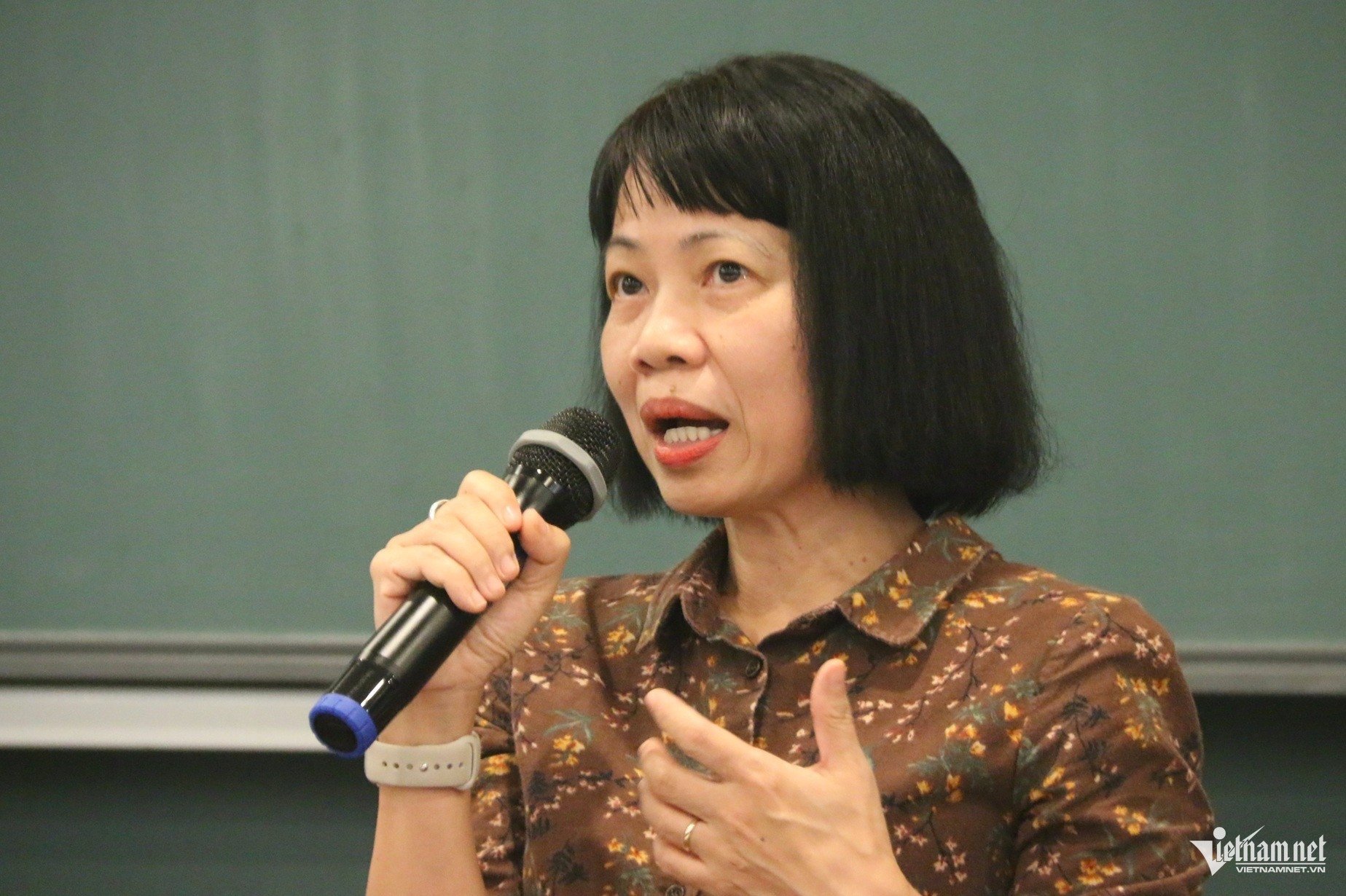
According to Ms. Huong, in schools, AI must of course be used, especially by teachers, starting from building ideas to designing lessons; using games to test and evaluate...
Ms. Huong said that at her school, there have been 3-4 training sessions for teachers to have a general view and understanding of AI, learn each software, application, practice and have reports...
“The problem is then controlling how teachers do it. Some teachers will return to traditional teaching. The reason is that they do not have enough IT capacity to continue or do not have time to build a lesson, but often take it and process it. That is a worrying reality. In the role of school management, I have to accompany teachers. Accompany by practicing, checking, and controlling every day,” Ms. Huong said.
Dr. Nguyen Phu Hoang Lan (lecturer at the University of Education - Hanoi National University) said that nowadays, students are lazy to think, lazy to ponder; but a part of teachers are also... lazy.
“There are graduate teachers who, when we read the outlines or even theses, discover that many places are written by AI. Even the title, which is very simple, but teachers do not have time to correct it. Some teachers in the council complain that the students are definitely not working in a certain field, but rely on AI to generate the title of the article...”, Mr. Lan said.
Mr. Lan warned that using AI improperly for a long time will gradually cause loss of thinking ability.
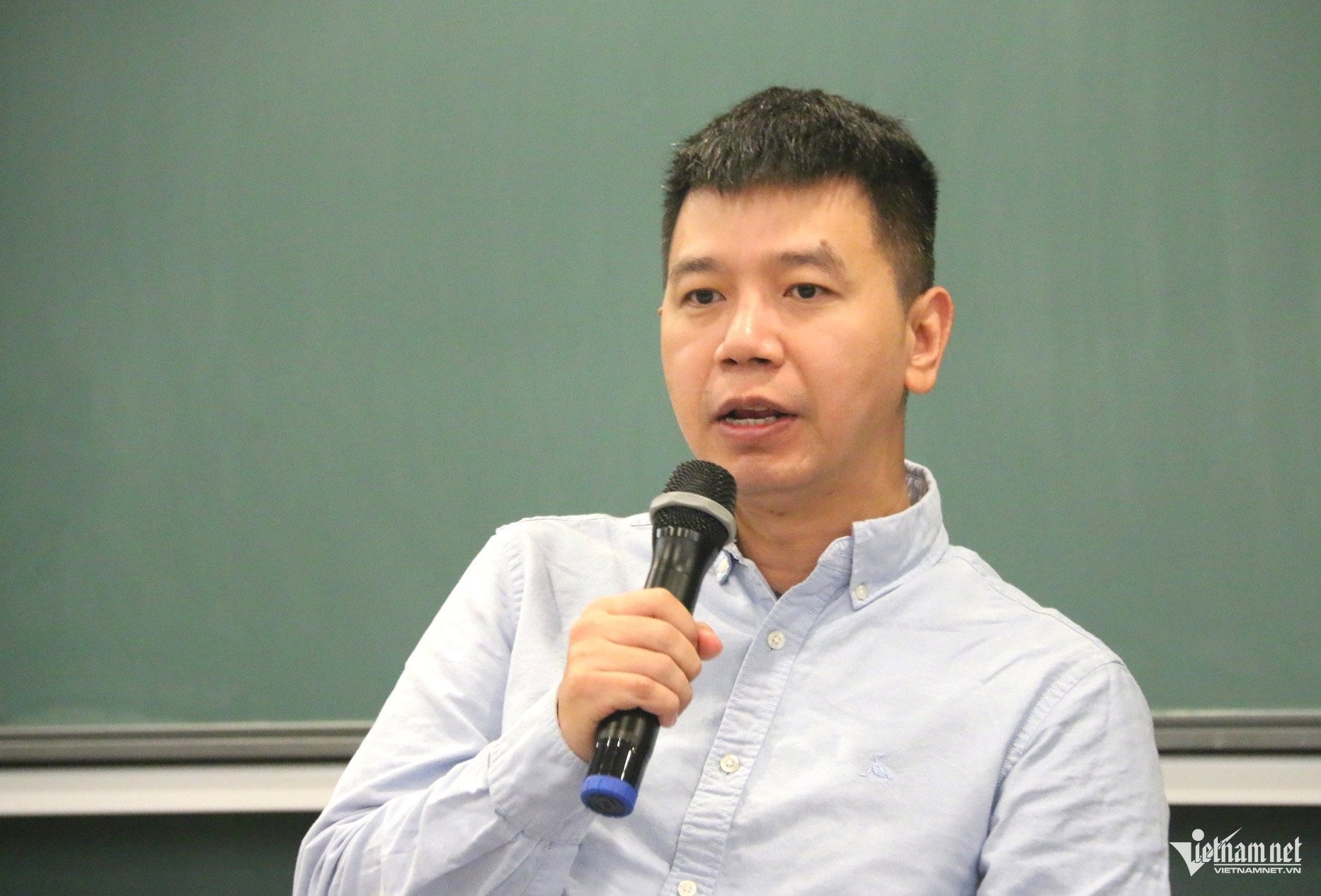
Prof. Dr. Ho Tu Bao (Institute for Advanced Study in Mathematics) believes that, whether we like it or not, AI will still have a place in our lives. According to him, if humans combine with AI in the right way, they will be much stronger than humans alone, but if done wrong, they will be more dangerous.
“During my teaching, I always tell students that if they use AI to find answers or help with homework for several years in school, it will become a habit. After graduating, there are still several decades of studying and working. If they make mistakes in using AI, are not honest with themselves, and do not understand how to use AI correctly, they will suffer for the rest of their lives,” said Mr. Bao.
Dr. Hoang Anh Duc (researcher at RMIT University Vietnam) said that if we create information and solutions ourselves, we will remember 30-50% better than passive reading. But when using AI, we skip this process. That is, the brain does not have the integration process, receives the answer immediately and skips the thinking process.
“It’s like when you plaster a row of bricks, it takes time for the mortar to dry before the wall becomes strong. If we rely on AI and force it for a period of time, when we come back, our brain will be as ‘soft’ as a damaged wall,” Dr. Duc said.
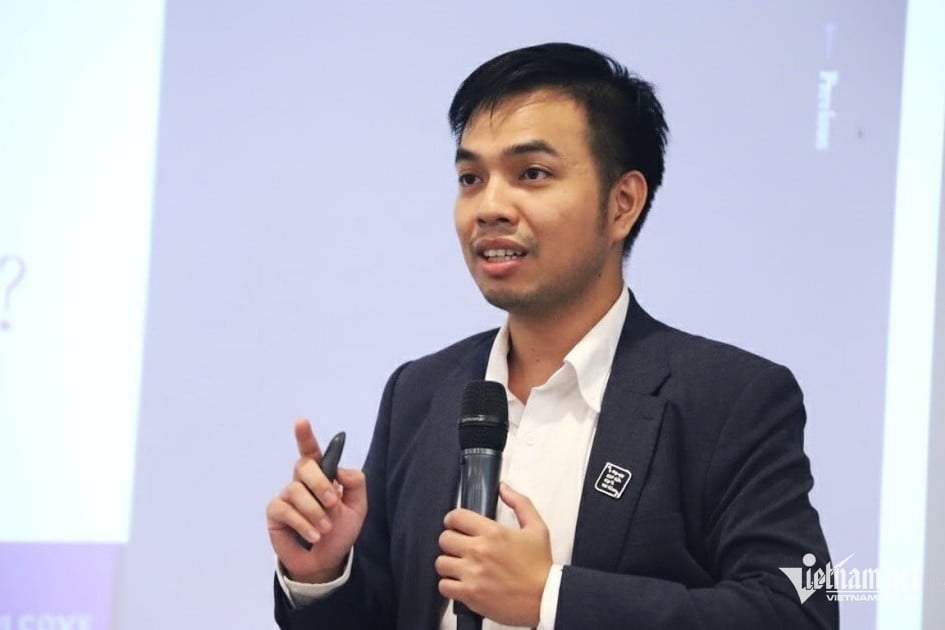
Dr. Duc also pointed out another risk: we forget that AI is a tool to help us in part and gradually become dependent. Along with that, our ability to endure adversity is also reduced. “The brain's 'addiction' cycle will be: Encountering a difficult problem - using AI - the brain does not develop self-solving skills - similar problems appear and become more dependent on AI - self-confidence decreases. As a result, it is impossible to learn skills that require a long time and practice such as languages, musical instruments... Children also easily give up early when facing difficulties,” said Dr. Duc.
Ms. Le Thi Mai Huong said that the question she always worries about the most is what to teach and how to teach. “Now, the answer to the question of ‘what to teach’ must change. Now, it is not just about teaching knowledge but also teaching students how to think and skills,” Ms. Huong said.
To do that, teachers also need to have experience, practice, and have capacity before teaching students. Even parents must learn, be educated to accompany teachers and schools.
Experts all agree that suggestions and instructions from AI should only be considered as initial suggestions. After that, students and teachers need to read more documents and supplementary knowledge, especially need to ask more critical questions before the information provided by AI.
Source: https://vietnamnet.vn/tu-khi-co-ai-chenh-lech-ve-nang-luc-cua-giao-vien-tang-len-rat-nhieu-2458499.html



![[Photo] Ca Mau "struggling" to cope with the highest tide of the year, forecast to exceed alert level 3](https://vphoto.vietnam.vn/thumb/1200x675/vietnam/resource/IMAGE/2025/11/04/1762235371445_ndo_br_trieu-cuong-2-6486-jpg.webp)
![[Photo] The road connecting Dong Nai with Ho Chi Minh City is still unfinished after 5 years of construction.](https://vphoto.vietnam.vn/thumb/1200x675/vietnam/resource/IMAGE/2025/11/04/1762241675985_ndo_br_dji-20251104104418-0635-d-resize-1295-jpg.webp)
![[Photo] Ho Chi Minh City Youth Take Action for a Cleaner Environment](https://vphoto.vietnam.vn/thumb/1200x675/vietnam/resource/IMAGE/2025/11/04/1762233574890_550816358-1108586934787014-6430522970717297480-n-1-jpg.webp)

![[Photo] Panorama of the Patriotic Emulation Congress of Nhan Dan Newspaper for the period 2025-2030](https://vphoto.vietnam.vn/thumb/1200x675/vietnam/resource/IMAGE/2025/11/04/1762252775462_ndo_br_dhthiduayeuncbaond-6125-jpg.webp)






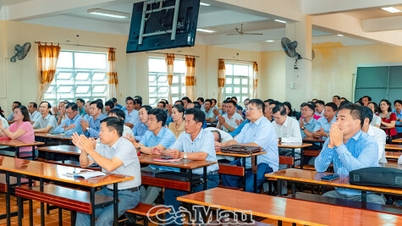

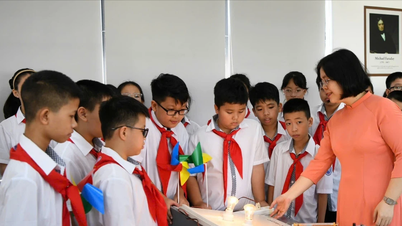

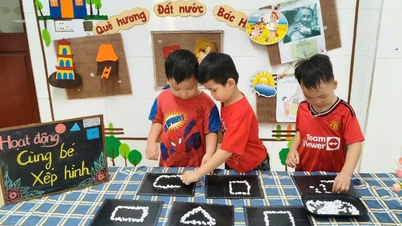



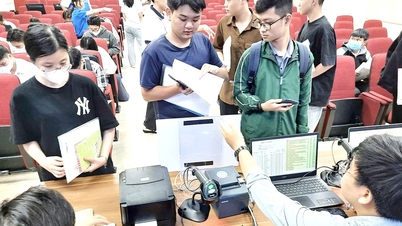
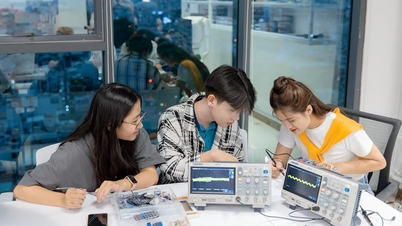









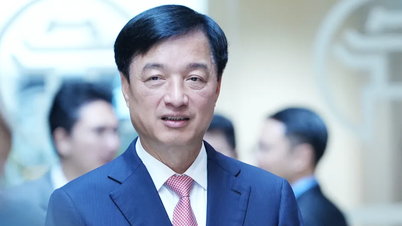









































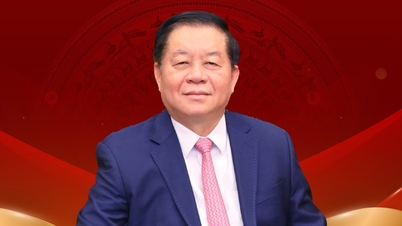
















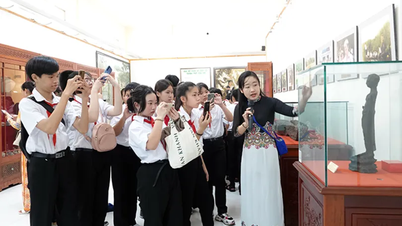















Comment (0)